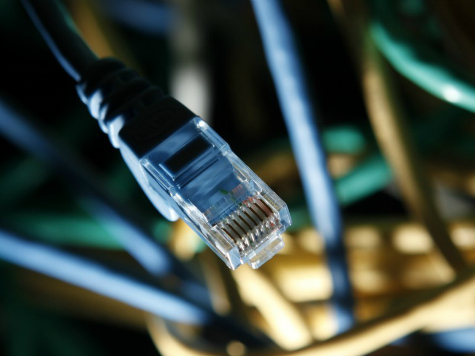
The Chairman of the Federal Communications Commission is proposing new rules which would allow Internet Service Providers (ISPs) to charge higher rates for services that use more resources. This has created a fresh battle in the debate over net neutrality.
The net neutrality rules require that ISPs not limit subscribers’ access to any service and treat all content indiscriminately. Some ISPs have argued that a handful of services, primarily YouTube andNetflix (but also other video streaming sites like Amazon and ESPN)account for a disproportionate amount of internet traffic. The ISPs wantto be able to charge these services for their high use of resources.
In January the ISPs won a victory when an Appeals Court sided with Verizon and rejected the FCC’s neutrality rules, which had been in place since 2010. The new rules being proposed by the FCC appear to follow the court’s guidance in allowing ISPs to charge some services additional fees.
A statement posted on the FCC blog by chairman Tom Wheeler last week says, “The Notice does not change the underlying goals of transparency, noblocking of lawful content, and no unreasonable discrimination amongusers established by the 2010 Rule. The Notice does follow the roadmapestablished by the Court as to how to enforce rules of the road thatprotect an Open Internet and asks for further comments on the approach.”
Under the new rules, the FCC would not prohibit ISPs’ charging extra to companies like Netflix, but it would retain the right to judge whether those deals are “commercially reasonable.” Chairman Wheeler’s blog post on the issue defines one example of what the FCC would consider unreasonable: “favoring the traffic from an affiliated entity.”
The New York Times came out against the new proposal immediately. In an editorial published last week, the Times editors wrote, “It would essentially give broadband companies the right to create thedigital equivalent of high-occupancy vehicle lanes for contentproviders, like Netflix and Amazon, wealthy enough to pay a toll.”
This argument was also made at the Daily Beast, i.e. that new start-upswho have ideas for businesses that involve streaming video won’t be able to afford the high-tier payments, limiting future entrepreneurial activity.
Proponents of net neutrality also point out that fees charged by ISPs such as Comcast or Time Warner Cable to companies like Netflix will simply be passed back to consumers via rate hikes. While consumers may not see the change in their monthly ISP bill, they will see it in their Netflix (or other streaming service) bill.
Last week Netflix announced it would be gradually raising prices on its streaming services from $1 to $2, with a grandfathering of current customers for as much as a year. This decision to raise prices came a few weeks after Netflix signed an agreement to pay fees to broadband provider Comcast. Asked whether the fees played a role in the price-hikes, a Netflix spokesperson told the Washington Post, “content delivery costs are part of the costs we have to pay.”

COMMENTS
Please let us know if you're having issues with commenting.